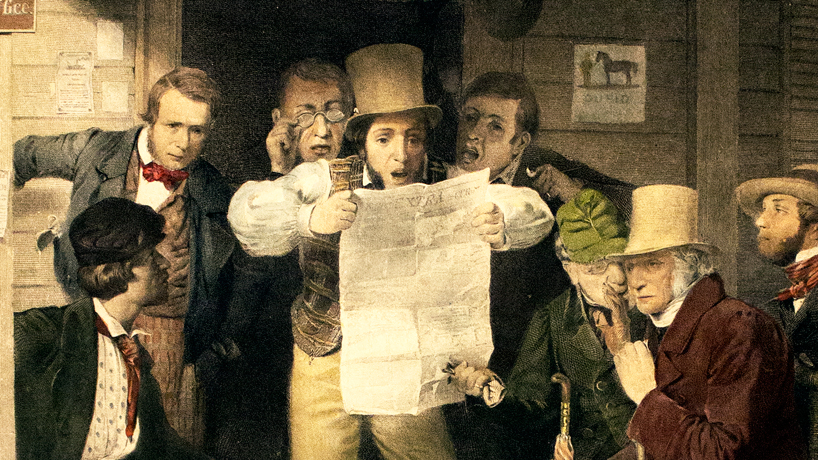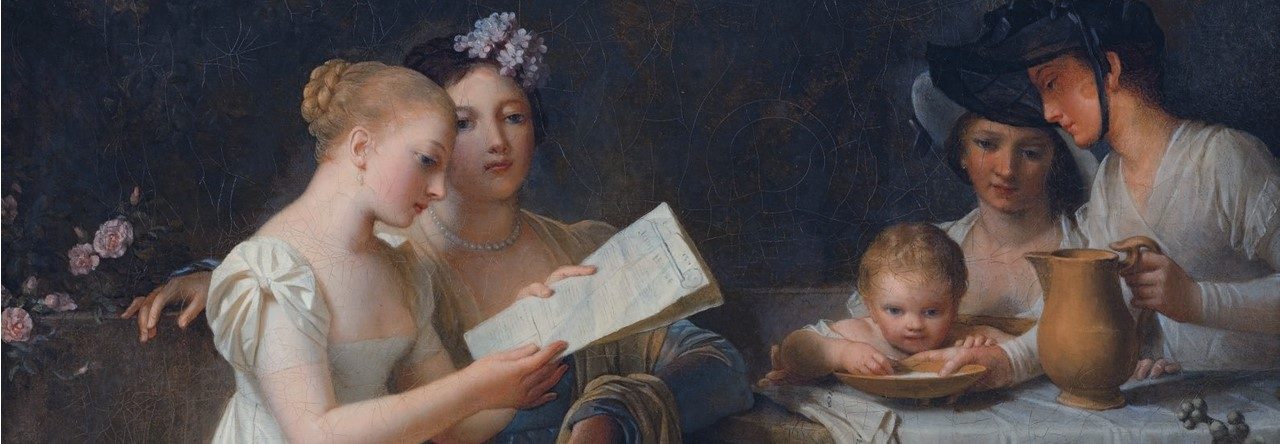
“There’s a story here, Sam,” William Scattermole insisted. “Come on! Everyone will want to read it. The Duchess of Haverford is secretly meeting with the Duke of Winshire? The man she wanted to marry when she was a debutante?”
He waved the article he wanted Sam to print. “I saw them with my own eyes, going into the same private meeting room at your aunt’s bookshop. They were alone there for a full hour. What were they doing? I can’t tell you that. But I can guess, and so can our readers.”
“Not happening,” Sam told him. “We’re not printing that article, Will, and every newspaper printer in London will say the same.”
“But it’s news!” Will insisted.
Sam sighed. The boy was keen, he’d give him that. And a good writer, or he would be when he learned the use of a fullstop. One of the sentences in the article under discussion was one hundred and fifty three words long! But Will had not yet learned the realities of survival for Society commentators.
“Look, Will. Let me explain this to you point by point. First, what do you think the Duke of Haverford will do if I publish this story about his mother?”
“What can he do,” Will said, belligerently. “It’s the truth. Besides, we’d call her the Duchess of H. Like we usually do, to disguise her identity. People will know we mean her, but they won’t be able to do anything about it because we didn’t use her name.”
Perhaps the boy was an idiot. “That works for Mrs H., or even Lady H. But Will, how many Duchesses of H. and Dukes of W. are there? Disguising the name isn’t going to do us any good at all, and I don’t think you want two dukes out for your blood. I certainly don’t.”
“But it’s the truth,” Will insisted.
“Perhaps.” Sam held up his hand to stop Will’s objection. “I don’t doubt what you saw, Will, but my second point is that your article makes the direct inference that their graces are having an affair. You saw them enter a room, Will. You didn’t see what happened inside it. She’s a lady in her fifties with two adult sons. He must be sixty if he is a day. If they were having an affair, wouldn’t they be looking for more comfort than a room with upright chairs and a table?”
From the look on his face, Will was as uncomfortable with thinking about a dignified matron like the duchess in intimacy on said table or against the wall. He faltered, and then rallied. “We could soften that a little, perhaps.”
“Is there a story without it?” Sam asked. “They are both known for their charitable works, and the duchess has used my aunt’s rooms for philanthropic meetings before. Duke of W. and Duchess of H. meet to talk about scholarships for deserving students. Not much of a story there.”
It took a bit more persuasion, but eventually Will accepted Sam’s dictate. He cheered up when Sam gave him the job of looking into the rumour that the Earl of Ruthford had publicly accused his wife of infidelity, and the pair of them only married a matter of weeks.
“That’s safe enough,” he told Will. “There are any number of Lords and Ladies R.”
Once Will was gone, he counted off the other three points in favour of squashing the story.
“Three, one of our secret investors happens to be the Duke of Haverford, and while I’ve never hesitated to write about him, I’m not going to risk writing about his wife or mother. Not after what he said to me last year, when I published the rumours about Lady C, as she was then.”
He shuddered at the memory.
“Four, I know, better than most, how much good Her Grace does, using her status and her reputation as a most upright and moral lady. I’m a hardened newspaper man, but I’m not going to interfere with her work by painting her as a hypocrite.”
But the last reason trumped all the rest, and was the one he was least likely to disclose to anyone else. If there was one person in the world he feared, it was the formidable lady who ran the Book Emporium and Tea Shoppe. Miss Clemens prided herself on keeping the secrets of her guests (as she preferred to be known). He winced at the mere thought of her reaction to Will’s article.
He opened the folded paper that Will had left behind and read it again. Yes. William showed promise. But this article must never see the light of day.

Paradise Triptych
Long ago, when they were young, James and Eleanor were deeply in love. But their families tore them apart and they went on to marry other people. Paradise Triptych tells their story in three parts.
Paradise Regained
James Winderfield yearns to end a long journey in the arms of his loving family. But his father’s agents offer the exiled prodigal forgiveness and a place in Society — if he abandons his foreign-born wife and children to return to England.
With her husband away, Mahzad faces revolt, invasion and betrayal in the mountain kingdom they built together. A queen without her king, she will not allow their dream and their family to be destroyed.
But the greatest threats to their marriage and their lives together is the widening distance between them. To win Paradise, they must face the truths in their hearts.
Paradise Lost
In 1812, the suitor Eleanor’s father rejected in favour of the Duke of Haverford has returned to England. He has been away for thirty-two years, and has returned a widower, and the father of ten children.
As the year passes, various events prompt Eleanor to turn to her box of keepsakes, which recall the momentous events of her life.
Paradise Lost is a series of vignettes grounded in 1812, in which Eleanor relives those memories.
Paradise At Last
Now Haverford is deceased nothing stands between the Duchess of Haverford and the Duke of Winshire. Except that James has not forgiven Eleanor for putting the dynasty of the Haverfords ahead of his niece’s happiness.
Can two star-crossed lovers find their happiness at last? Or will their own pride or the villain who wants to destroy the Haverfords stand in their way?
Paradise Triptych contains two novella and a set of memoirs: Paradise Regained (already published), Paradise Lost (distributed to my newsletter subscribers) and Paradise At Last (new for this collection).
